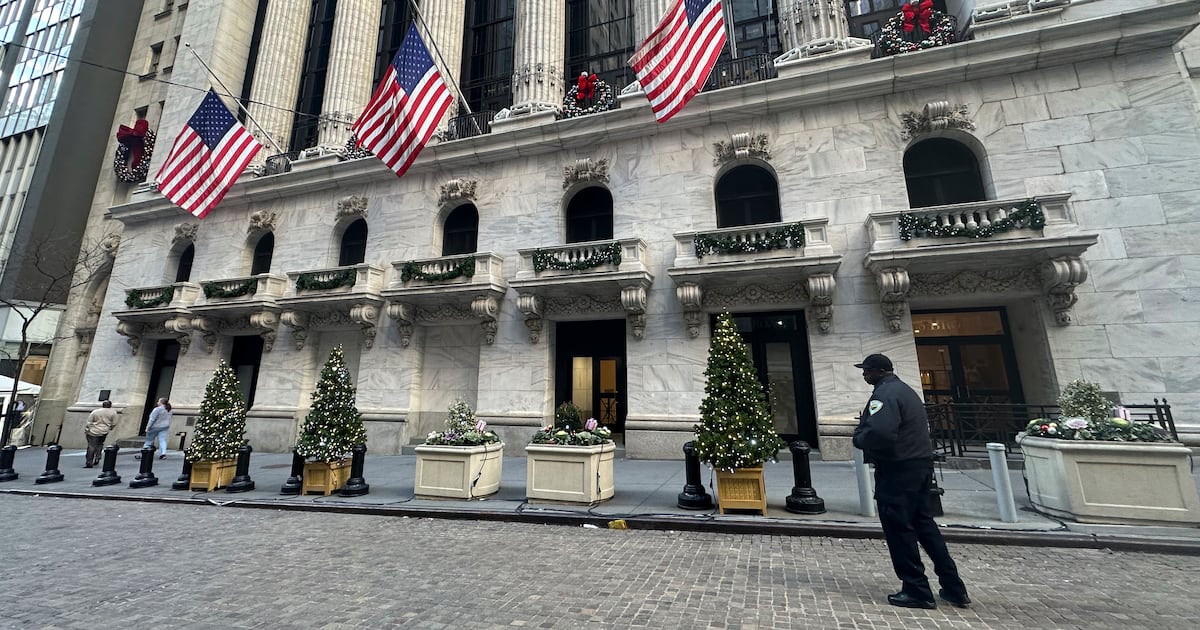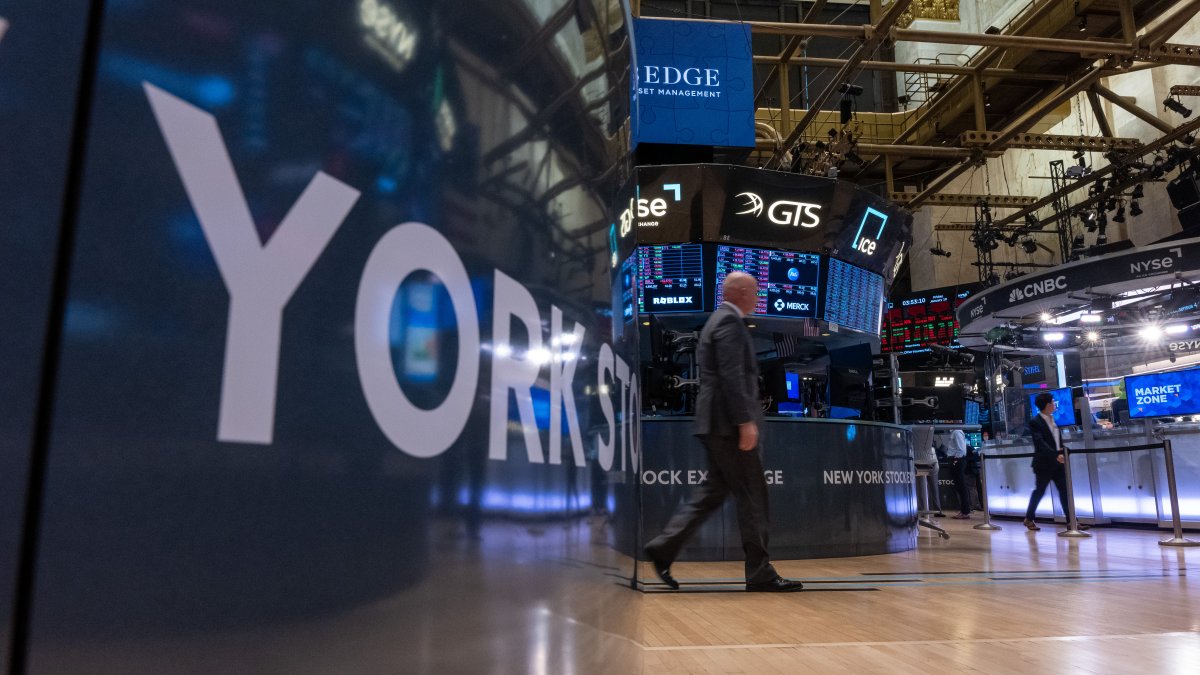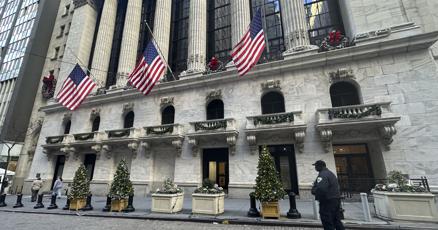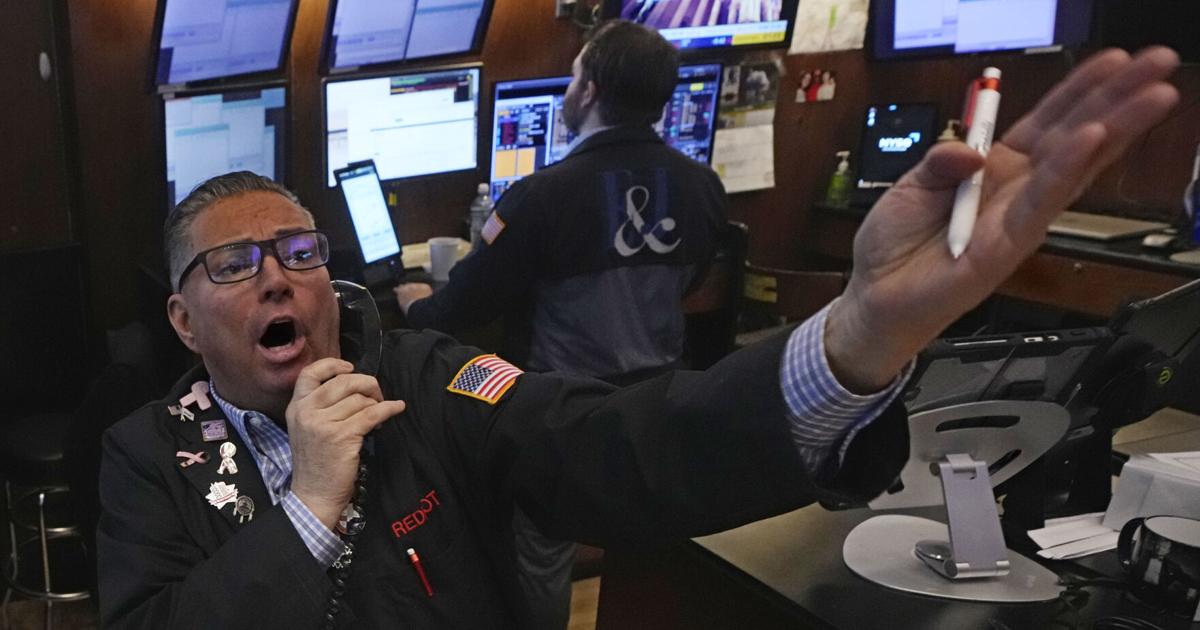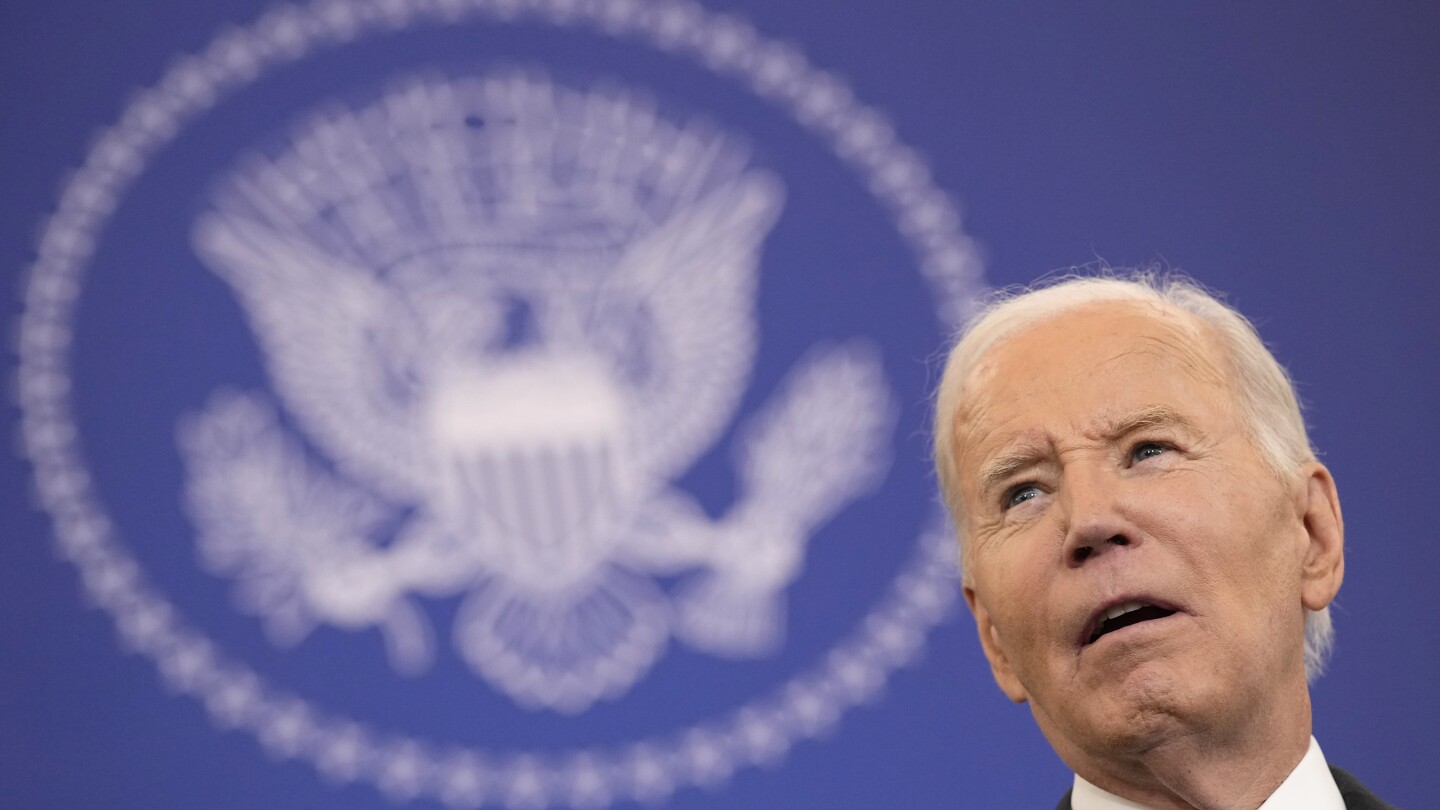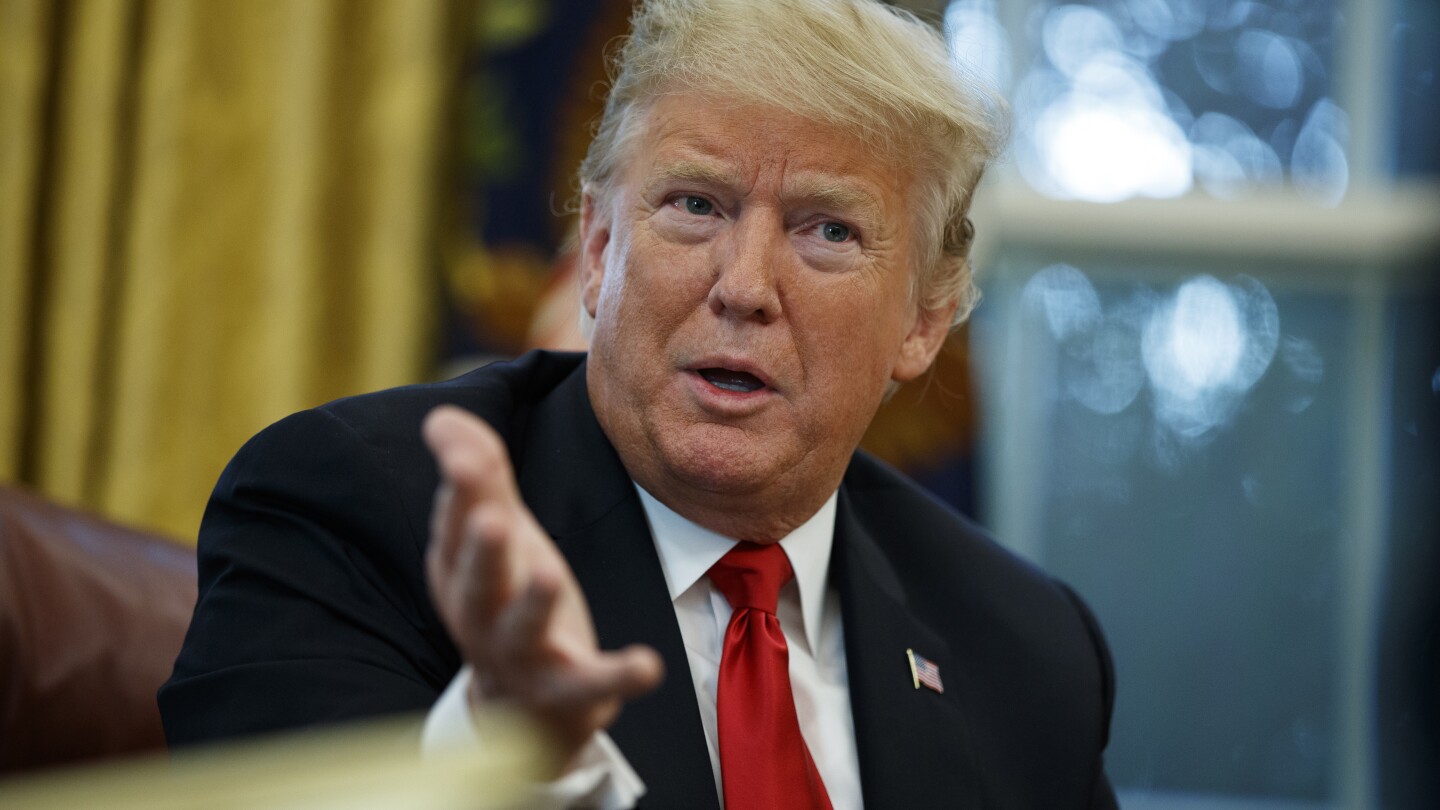Artificial-intelligence companies, bitcoin-related stocks and other big recent winners were helping to lead the way lower. They’re under pressure as as traders cull expectations for how much relief the Federal Reserve may deliver this year through lower interest rates.
Such cuts would give the economy a boost, and much of the U.S. stock market’s run to records last year was on the assumption more are coming after the Fed began lowering rates in September. But inflation has stubbornly remained above the Fed’s 2% target, and recent reports have suggested a still-solid U.S. economy doesn’t need as much help from lower rates. Traders are beginning to question whether the Fed will deliver any cuts at all in 2025.
Higher rates put downward pressure on prices for all kinds of investments, and those seen as expensive can feel the hardest punches. Nvidia fell 4.4% and was the heaviest weight on the S&P 500, though that represents just a smidgen of its huge gains made in recent years. The chip company’s stock has nearly quintupled over the last three years amid the frenzy around artificial-intelligence technology.
It felt pressure after President Joe Biden proposed a new framework for the exporting of the advanced computer chips used to develop AI. That’s despite warnings from the industry that a hastily implemented new rule could fragment global supply chains and hurt U.S. companies.
Bitcoin likewise continued to weaken, falling below $91,000, according to CoinDesk.com. It had cleared $100,000 for the first time last month to set a record.
Stocks of companies embedded in the crypto economy also struggled. MicroStrategy, which has raised money with the explicit purpose of buying bitcoin, fell 6.3%. Coinbase Global sank 5.1%.
Moderna tumbled 22.6% after giving a forecast for revenue this upcoming year that fell short of analysts’ expectations. The vaccine maker, which is seeing a slowdown in COVID-related sales, is accelerating a cost-cutting program to cut expenses in research and development and other areas.
On the winning side of Wall Street were oil-and-gas companies after the price of crude oil climbed. A barrel of benchmark U.S. crude rose 1.2% to $77.49 per barrel, while Brent crude climbed 0.9% to $80.43 per barrel. The Biden administration said Friday it’s expanding sanctions against Russia’s energy industry.
Exxon Mobil gained 1.7%, and Chevron climbed 2.3%.
In the bond market, which has been the center of Wall Street’s action recently, Treasury yields were holding relatively steady.
The yield on the 10-year Treasury edged up to 4.77% from 4.76% late Friday. It’s been climbing relentlessly over the last month, and it was below 3.65% as recently as September.
A report coming on Wednesday could offer the next spark for the bond market. That’s when the government will deliver the latest monthly update on inflation that U.S. consumers are feeling. Economists expect it to show inflation accelerated a touch to 2.8% in December from 2.7% in November.
In stock markets abroad, indexes were mostly lower across Europe and Asia.
Stocks fell 1% in Hong Kong and 0.2% in Shanghai, even though China reported its exports grew at a faster pace in December than expected. Factories were rushing to fill orders to beat higher tariffs that U.S. President-elect Donald Trump has threatened to impose once he takes office.
Besides worries about global trade, Trump’s preference for tariffs and other policies are also stirring up concerns about higher inflation.
___
AP Writers Matt Ott and Zimo Zhong contributed.

